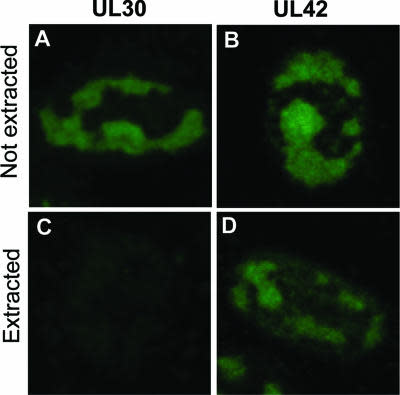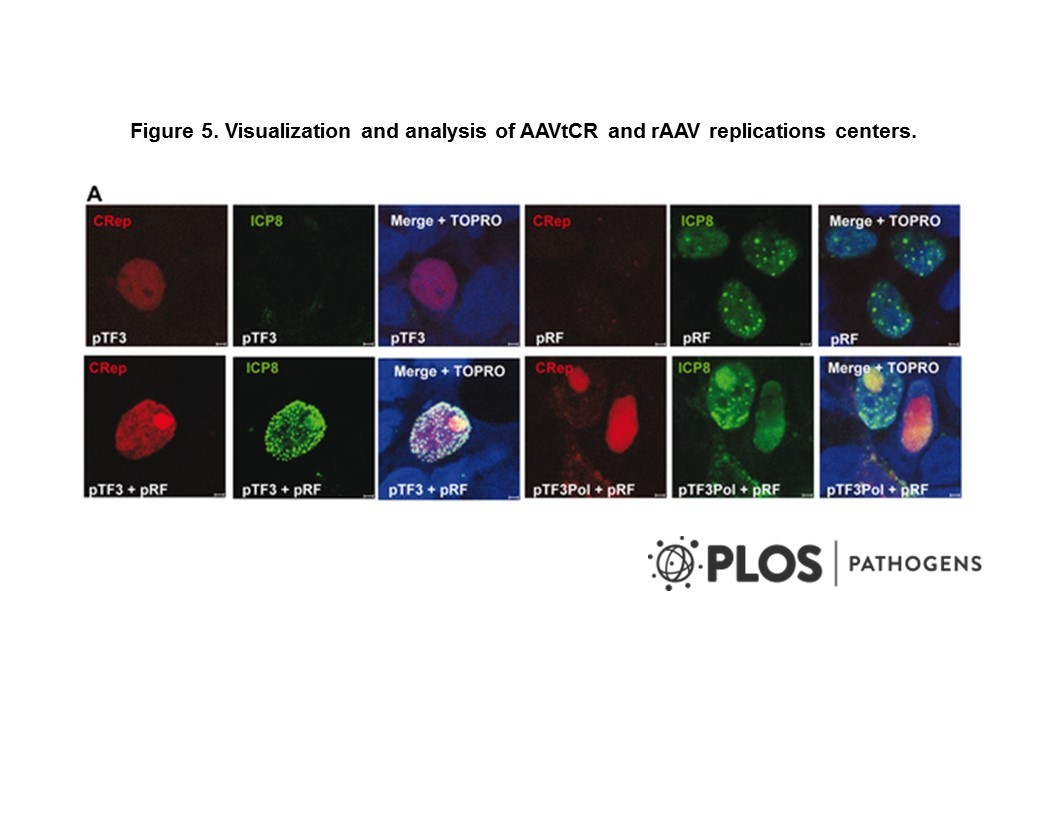
Cat. #151548
Anti-SNAIL1 [20C8]
Cat. #: 151548
Sub-type: Primary antibody
Unit size: 100 ug
Availability: 1-2 weeks
Target: SNAIL1
Class: Monoclonal
Application: WB ; ChIP ; ELISA ; IHC ; IF ; IP ; WB
Reactivity: Human
Host: Mouse
£300.00
This fee is applicable only for non-profit organisations. If you are a for-profit organisation or a researcher working on commercially-sponsored academic research, you will need to contact our licensing team for a commercial use license.
Contributor
Inventor: Melanie Hardman
Institute: Cancer Research Technology
Tool Details
*FOR RESEARCH USE ONLY
- Name: Anti-SNAIL1 [20C8]
- Clone: 20C8
- Tool sub type: Primary antibody
- Class: Monoclonal
- Conjugation: Unconjugated
- Reactivity: Human
- Host: Mouse
- Application: WB ; ChIP ; ELISA ; IHC ; IF ; IP ; WB
- Description: The Snail superfamily are zinc finger transcription factors. Overexpression of Snail1 can lead to cells undergoing EMT (epithelial to mesenchymal transition). This is achieved as Snail1 represses expression of E-cadherin, desmoplakin, muc-1, cytokeratin18 while enhances expression of vimentin and fibronectin. Snail1 therefore has a strong association with metastatic disease.
- Immunogen: Human Snail 1 recombinant protein
- Isotype: IgG2a kappa
- Recommended controls: MDAMB-453; MDAMB-435; MDAMB-231; A375
Target Details
- Target: SNAIL1
- Tissue cell line specificity: MDAMB-453; MDAMB-435; MDAMB-231; A375
- Target background: The Snail superfamily are zinc finger transcription factors. Overexpression of Snail1 can lead to cells undergoing EMT (epithelial to mesenchymal transition). This is achieved as Snail1 represses expression of E-cadherin, desmoplakin, muc-1, cytokeratin18 while enhances expression of vimentin and fibronectin. Snail1 therefore has a strong association with metastatic disease.
Applications
- Application: WB ; ChIP ; ELISA ; IHC ; IF ; IP ; WB
Handling
- Format: Liquid
- Concentration: 1 mg/ml
- Unit size: 100 ug
- Storage buffer: PBS with 0.02% azide
- Storage conditions: -15° C to -25° C
- Shipping conditions: Shipping at 4° C
References
- Yang et al. 2018. Exp Mol Med. 50(1):e420. PMID: 29303507.
- Goldman et al. 2016. Stem Cell Res. 17(1):62-8. PMID: 27240252.
- Ju et al. 2015. Cell Death Dis. 6:e1801. PMID: 26136074.
- Tuhkanen et al. 2009. BMC Cancer. 9:289. PMID: 19695091.
- Nuclear expression of Snail1 in borderline and malignant epithelial ovarian tumours is associated with tumour progression.
- Vincent et al. 2009. Nat Cell Biol. 11(8):943-50. PMID: 19597490.
- A SNAIL1-SMAD3/4 transcriptional repressor complex promotes TGF-beta mediated epithelial-mesenchymal transition.
- Franc
et al. 2006. Oncogene. 25(37):5134-44. PMID: 16568079. - Expression of Snail protein in tumor-stroma interface.




